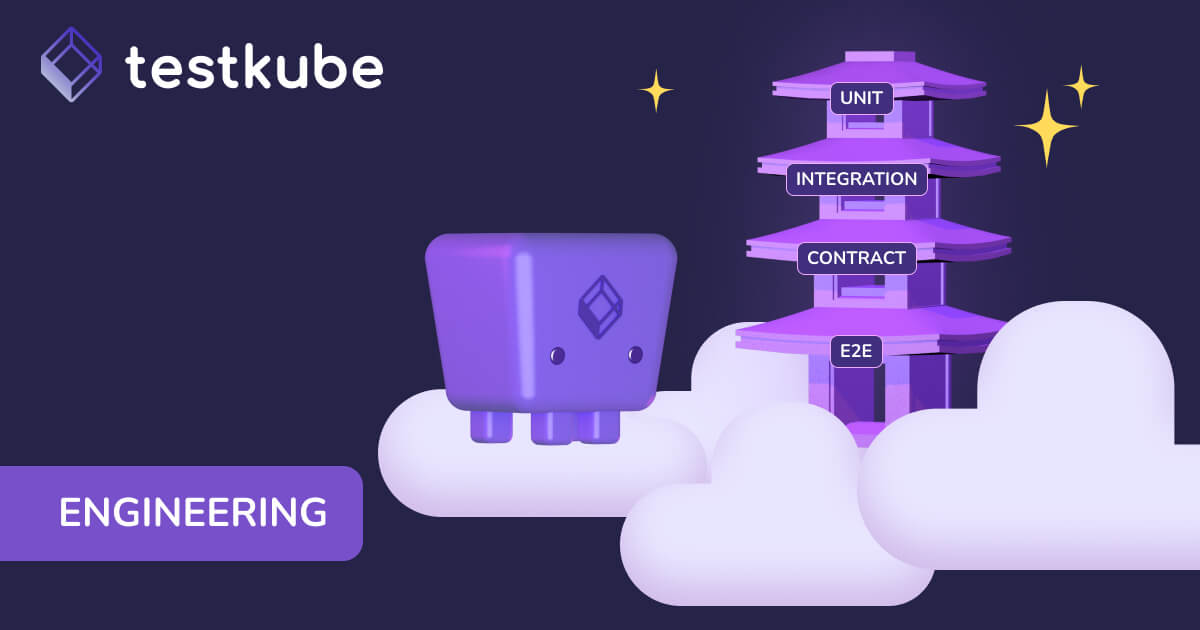Table of Contents
Try Testkube instantly in our sandbox. No setup needed.
Try Testkube instantly in our sandbox. No setup needed.




Table of Contents
Executive Summary
Testing and Digital Operational Resilience Act (DORA) compliance
Testkube helps financial institutions meet the European Union (EU) Digital Operational Resilience Act (DORA) requirements by providing a cloud-native, automated testing solution specifically designed for Kubernetes environments. Given that DORA mandates continuous IT testing to ensure operational resilience, Testkube simplifies compliance in the following key ways:
1. Kubernetes-Native Testing for Cloud Workloads
Unlike traditional testing tools that struggle with Kubernetes and OpenShift, Testkube is built for cloud-native platforms. It enables financial institutions to:
- Execute tests directly within Kubernetes clusters, ensuring systems are continuously validated.
- Automate tests across microservices, APIs, databases, and other cloud-native components.
- Support multiple testing frameworks (Cypress, Postman, JMeter, K6, etc.) without re-architecting existing pipelines.
2. Continuous Testing to Meet DORA’s Requirements
DORA requires financial institutions to run ongoing IT testing for resilience. Testkube facilitates this by:
- Automating end-to-end, functional, security, and performance testing in Kubernetes.
- Enabling scheduled and event-driven test execution for uninterrupted compliance.
- Ensuring early detection of vulnerabilities and misconfigurations to prevent outages.
3. Built-In Auditability & Compliance Reporting
To avoid hefty €10M fines or 2% of global revenue, institutions must demonstrate compliance. Testkube provides:
- Centralized logging and test history tracking for complete audit trails or incident reporting.
- Test result reporting that can be exported for compliance documentation.
- Integration with monitoring tools (Grafana, Prometheus) to visualize resilience testing over time.
4. Risk-Based Testing & Disaster Recovery Validation
DORA mandates disaster recovery testing and operational resilience assessments. Testkube supports:
- Chaos engineering & failover testing to ensure system robustness.
- Automated recovery scenario validation, ensuring backup and failover mechanisms function properly.
- Policy-based test execution, triggering tests when high-risk system changes occur.
5. CI/CD & DevSecOps Integration
Testkube fits into existing DevOps and security workflows, enabling compliance without slowing development. Key benefits include:
- Seamless CI/CD integration to test every deployment automatically.
- Security testing automation (e.g., API security, penetration tests) within Kubernetes environments.
- Alerting & notifications to flag failed tests and compliance gaps instantly.
Why Testkube for DORA Compliance?
- Kubernetes-native – built for cloud-native financial systems.
- Automates continuous resilience testing – meeting DORA’s strict requirements.
- Provides audit-ready logs & reports – reducing regulatory risks.
- Enables disaster recovery & incident simulations – ensuring true operational resilience.
- Works with existing tools – no need to abandon current testing frameworks.
Would you like help drafting a compliance roadmap using Testkube for DORA adherence?
Contact us here or join us in Slack.
What Industries are Affected by DORA the Most?
The Digital Operational Resilience Act (DORA) primarily targets the financial sector, but its implications extend to any entity providing ICT services to that sector. Here's a breakdown of the most impacted industries:
Financial Institutions
- This includes banks, investment firms, payment providers, and crypto-asset service providers. They are directly responsible for ensuring their operational resilience and compliance with DORA.
- Why: They handle sensitive financial data and are critical to the stability of the economy, making them prime targets for cyberattacks.
ICT Third-Party Service Providers
- This encompasses cloud service providers, data centers, and other technology vendors that supply critical ICT services to financial institutions.
- Why: Financial institutions increasingly rely on third-party ICT services, making these providers a crucial part of the financial sector's resilience. DORA aims to ensure these providers also maintain high cybersecurity standards.
The Broader Financial Services Sector
- This Includes any entity related to the financial sector, like insurance firms, and credit rating agencies.
- Why: These entities are part of the interconnected financial system, and disruption to one can affect the entire system.


About Testkube
Testkube is a cloud-native continuous testing platform for Kubernetes. It runs tests directly in your clusters, works with any CI/CD system, and supports every testing tool your team uses. By removing CI/CD bottlenecks, Testkube helps teams ship faster with confidence.
Explore the sandbox to see Testkube in action.





